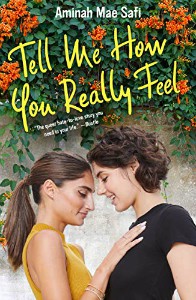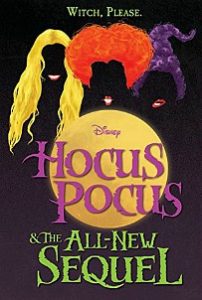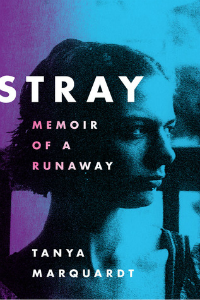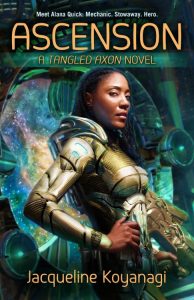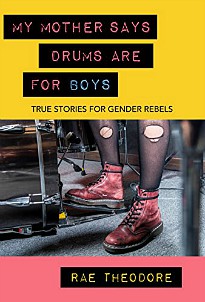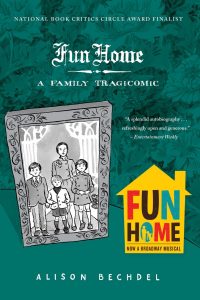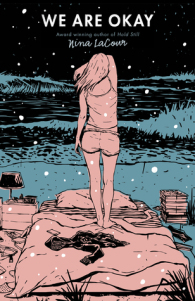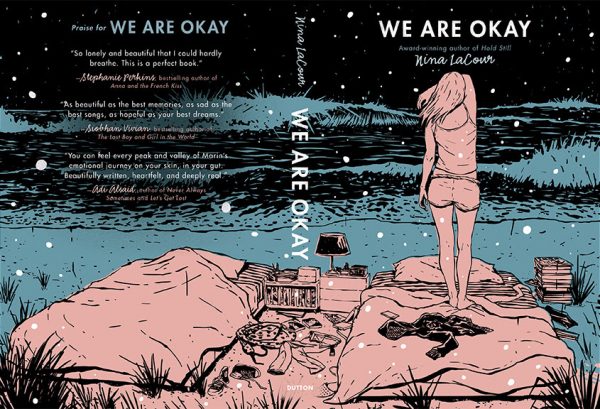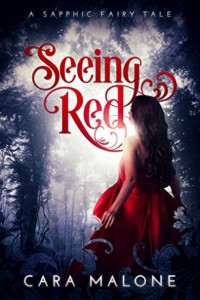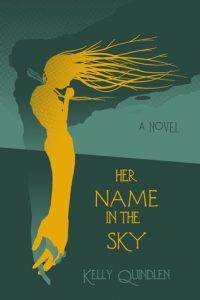Happy Pride Month, Lesbrarians! I am swooping in from the ether to volunteer this review of Aminah Mae Safi’s much anticipated Tell Me How You Really Feel on this most auspicious month. It’s a charming read, a very well-executed story, and has been on my pre-order list for months.
Safi starts us off with a fact that stands as an overarching conflict of the book: Cheerleader Sana Khan is perfect, and there is no one who finds that more infuriating than her classmate Rachel Recht.
Rachel is a perfectionist filmmaking scholarship student on the fast-track out of her elite private school in Los Angeles to NYU’s film program, where she is going to share her vision with the world. (Accolades will follow, of course.)
Sana is an annoyingly good student on her way to Princeton, where she’ll set herself up perfectly to go on to med school and make her whole family proud (or at least that’s what she’s telling people).
Told alternatingly from Sana and Rachel’s perspectives, Tell Me How You Really Feel recounts the end of the girls’ high school experience, as they both march towards deadlines over which they have no control. For Rachel, it means she has one month to pull together a disaster film project which could jeopardize her hard-won spot at college. Rachel has had her mind made up about Sana, her self-assigned mortal enemy, since an embarrassing incident in freshman year, but after a chance accident means she’s forced to rely on her enemy for help, the film student realizes there is more to the picture than she’s been seeing. For Sana, it means possibly giving up her dream fellowship abroad that she’s secretly applied to in lieu of accepting her spot at Princeton. If she doesn’t get the fellowship by the time she loses her spot at the Ivy league, her carefully constructed house of cards will come crashing down.
This is the sweetest enemies-to-more story I’ve read in a long while, and Rachel and Sana are complicated protagonists whose growth from beginning to end had me both entertained and anticipatory. Rachel and Sana are opposites in so many ways; Rachel spews profanity, has a mean glare, and works at a diner on the other side of the tracks to make ends meet; Sana locks away her discontent with a smile, and has lived a life committed to smoothing over a complicated familial relationship between the high standards of her grandparents and the irreverent independence of her mother. Ultimately, however, they are bound by a shared hunger for more than life wants to give them, and an ambition that leaves them each taking more risks than they ever realized they could.
There are apparently some serious references to Gilmore Girls (referenced very early on in the Dedication, actually) but they all go over my head because I’ve never watched the show. If you are a Gilmore Girls fan, this will apparently be a delightful shout out. If you aren’t, I promise you this is still a lovely read that is worth your time and you won’t feel like you’re missing anything.

